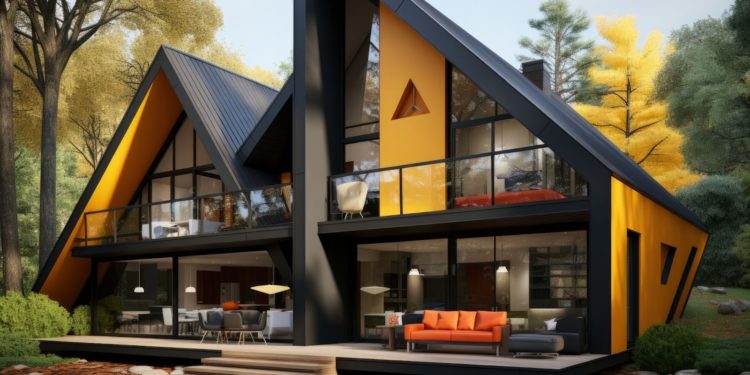Introduction
Smart home technology is no longer a futuristic concept—it’s a reality that’s transforming homes across the UK. With automation now accessible to more homeowners than ever, the question arises: are smart homes truly worth the investment? From improved convenience to long-term savings, upgrading to a smart home in 2025 offers numerous benefits. Whether you’re looking for better security, enhanced energy efficiency, or seamless home management, integrating smart technology can redefine the way you live. But does the cost justify the value? Let’s take a closer look.
Convenience and Connectivity
One of the biggest advantages of smart homes is the ease of everyday living. Automated lighting, smart locks, and voice-controlled devices create a more seamless experience for homeowners. With just a tap on a smartphone or a voice command, you can adjust lighting, temperature, and security settings without lifting a finger.
Interconnectivity is another major benefit. Smart homes allow multiple devices to communicate with each other, streamlining daily tasks. Picture this: you wake up, and your blinds automatically open, the coffee machine starts brewing, and your thermostat adjusts to a comfortable temperature—all without any manual input. The ability to control your home remotely, whether adjusting the thermostat while at work or checking security cameras on holiday, adds an extra layer of convenience that traditional homes simply can’t offer.
Energy Efficiency and Cost Savings
With rising energy prices, smart home systems offer an effective way to cut down on unnecessary energy consumption. Innovations such as smart home heating systems provide optimal climate control by learning your routine and adjusting temperatures accordingly. These systems help reduce wastage by ensuring your heating or cooling is only in use when needed, translating to significant cost savings over time.
Additionally, smart lighting and automated blinds contribute to energy efficiency by adjusting brightness based on natural light levels. Motion sensors ensure that lights turn off in unoccupied rooms, preventing unnecessary electricity use. While the initial cost of installing smart technology can seem high, the long-term financial benefits in energy savings make it a worthwhile investment.
Security and Peace of Mind
Home security has evolved significantly with smart technology. Advanced systems now allow homeowners to monitor their property in real-time through security cameras, motion sensors, and smart locks. Remote access via smartphone apps means you can check who’s at your door, even if you’re miles away. Features like automated alarms and notifications add an extra layer of protection against potential threats.
Beyond security, smart home technology also offers peace of mind. If you forget to lock your doors or turn off an appliance, smart home systems allow you to take care of it remotely. Many smart locks also integrate with voice assistants, allowing you to secure your home with a simple command.
Increasing Property Value
The real estate market is rapidly shifting, with smart homes becoming increasingly desirable. Buyers today are looking for homes equipped with modern technology that enhances comfort and efficiency. Properties with pre-installed smart features such as automated climate control, security systems, and energy-efficient lighting tend to have a higher market value.
Investing in smart home technology can also future-proof your property. As more buyers prioritise convenience and sustainability, a home equipped with automation will likely stand out in the competitive housing market. For homeowners planning to sell in the future, upgrading to a smart home can be a strategic way to increase resale value.
Conclusion
So, are smart homes worth it? The answer depends on what you value most in your home. If convenience, security, and energy efficiency are priorities, investing in smart home technology is undoubtedly beneficial. With innovations reducing energy waste and enhancing climate control, the long-term savings often outweigh the upfront costs. As technology continues to evolve, smart homes will likely become the standard rather than the exception—making now the perfect time to upgrade.









































































